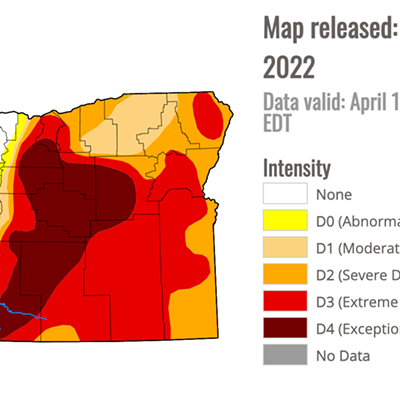Alzheimer's disease is set to join epilepsy, cancer, chronic pain, and several other illnesses on the list of medical conditions that cannabis may treat, according to a new study from the Salk Institute.
Alzheimer's is a progressive disease that gradually robs the sufferer of the ability to think and remember things, ending in dementia, social withdrawal, and the inability to care for oneself. The average life expectancy after diagnosis of Alzheimer's is just three to nine years. The disease affects 48 million people worldwide and kills nearly a half-million people each year.
Medical science still cannot cure or even stop Alzheimer's disease, after decades of research. Even the cause of the disease is still largely unknown. Scientists do know that a protein known as beta amyloid builds up in the brain with age. Beta amyloid causes a toxic inflammatory response in neurons that eventually destroys brain cells. In people with Alzheimer's disease, beta amyloid builds up excessively, so much so that the person's memory and cognition is affected.
But researchers have now shown that THC, the main known chemical in cannabis, stimulates the removal of beta amyloid in the brain and blocks the inflammatory response, protecting neurons from damage. The researchers grew human neurons in the lab and modified the cells so that they grew beta amyloid, simulating the progression of Alzheimer's disease. Then they exposed the diseased cells to THC and other cannabis compounds.
The finding that cannabis compounds may stop disease is not new. Researchers have previously shown that human cancer cells are destroyed when exposed to cannabis compounds in the lab, but according to Salk Institute Professor David Schubert, the senior author of the study, this is the first time cannabis compounds have been shown to decrease both inflammation and beta amyloid accumulation in neurons.
Professor Schubert also notes that more study is needed before researchers can conclude that the cannabis compounds are causing the positive effects. In clinical research such as this, laboratory studies typically come first, followed by animal studies, then human clinical trials.
But these later stages involved in bringing an Alzheimer's disease cure to market are unlikely to happen in the United States, as long as the federal government maintains its policy that cannabis "has no medical value" and its concomitant ban on medical research using cannabis.
But with credible scientific evidence suggesting cures for major diseases such as Alzheimer's and cancer, pressure is mounting. The Drug Enforcement Agency is expected to announce in July whether it will end the ban.























